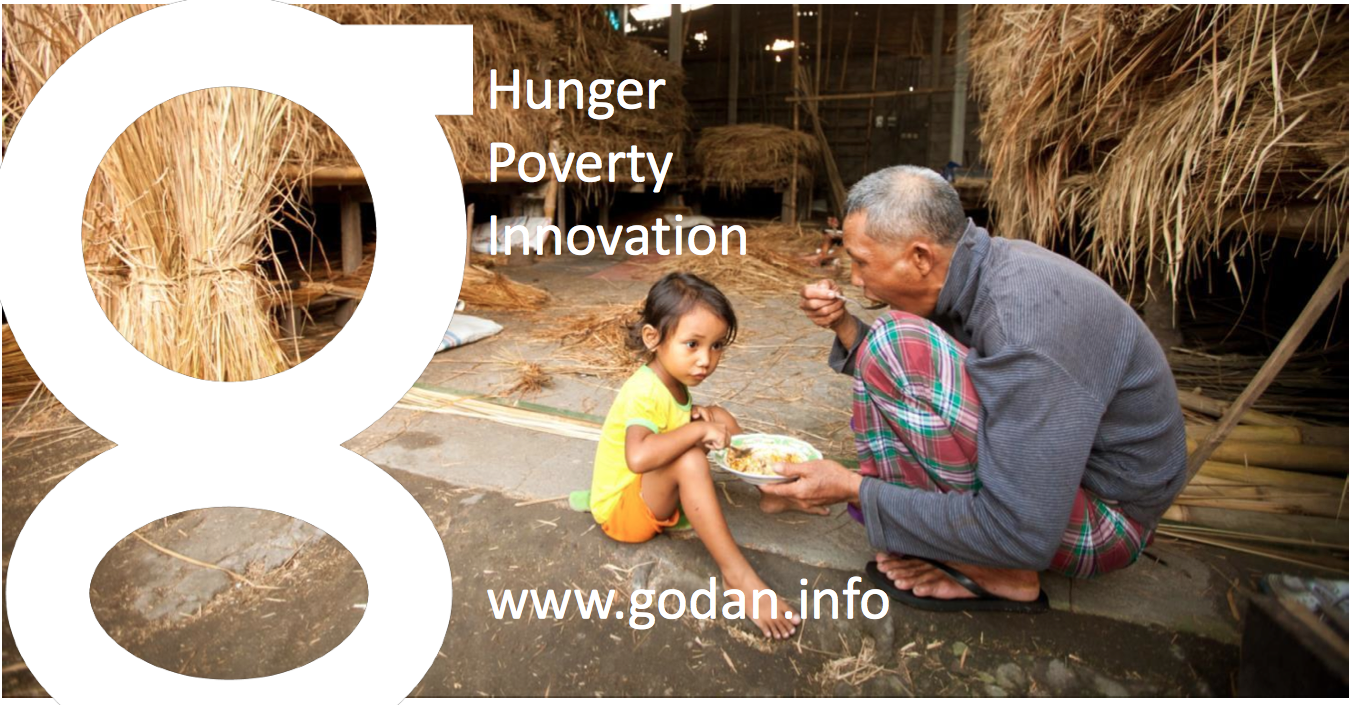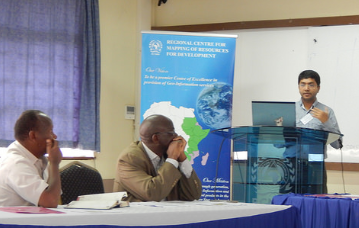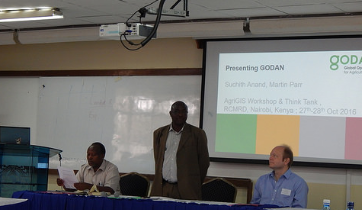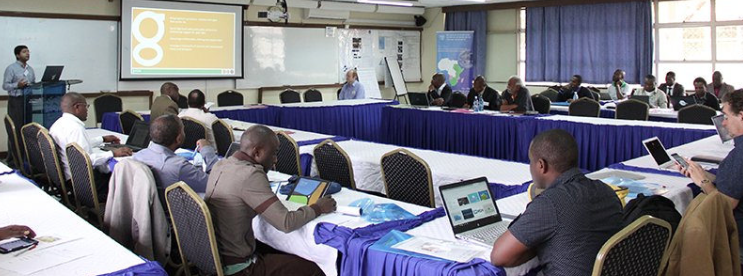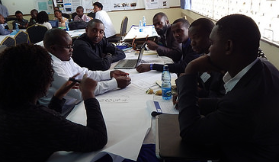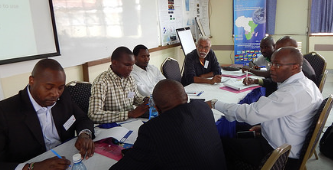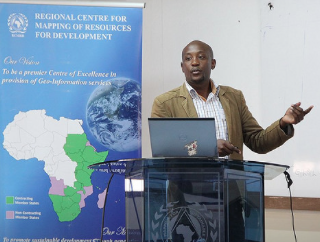Today, nearly 800 million people suffer from hunger and malnutrition around the world. For the first time in human history, we have the knowledge and the tools to put an end to it. Open data makes that knowledge available to everyone [1].
At the 2012 G-8 Summit, G-8 leaders committed to the New Alliance for Food Security and Nutrition, the next phase of a shared commitment to achieving global food security. As part of this commitment, they agreed to “share relevant agricultural data available from G-8 countries with African partners and convene an international conference on Open Data for Agriculture, to develop options for the establishment of a global platform to make reliable agricultural and related information available to African farmers, researchers and policymakers, taking into account existing agricultural data systems.”
The GODAN initiative was announced at the Open Government Partnership Conference in October 2013 following 2012 G8 discussions. Participants made commitments to Open Data for Agriculture at the International Conference on Open Data for Agriculture in Washington D.C. Subsequently the Governments of the United States and United Kingdom partnered to form this global initiative.
I am really happy to get the opportunity to work for the Global Open Data for Agriculture and Nutrition (GODAN) . I am seconded from the University of Nottingham to GODAN now. I would like to invite you all to know more about the amazing work that GODAN is doing and join us. Some introduction slides that i presented on GODAN at AgriGIS ThinkTank at Kenya last month are at https://www.nottingham.ac.uk/genius/documents/godan-uon-intro.pdf
OPEN FIELDS is the second episode of GODAN’s new documentary web series that meets individuals around the world who are on the frontline of how technology and data are reshaping agriculture to combat food insecurity and improve global nutrition. In this episode, viewers meet Eunice, a successful smallholder farmer who lives outside of Mombasa, Kenya. In Kenya, around 80 per cent of people have access to some form of farmable land. Although the soil is rich and fertile for farming, many plots of land stand empty or with failed crops.In the Mombasa region, Haller Foundation (a GODAN partner) have been working with local farmers for 50 years to design organic methods to improve crop production and also provide a solid economic stream for rural families.
Eunice has found success in maximizing her crop yield by using the open-source mobile phone app from the Haller Foundation. With an estimated 83% of Kenya now online, largely through mobile phones, Haller Farmers App has been developed to digitise and release local knowledge on a global scale, to anyone, anywhere. The application is free to use for anyone with a smartphone and internet access. They have also worked with Free Basics and Airtel Kenya to improve rural access for low income families, providing free data to download and use the app.
Let us now all work together on our joint mission to get every government, non-governmental, international and private sector organization to make agriculture and nutrition data available, accessible and usable so that we acheive the United Nations Sustainable Development Goal on End hunger, achieve food security and improved nutrition, and promote sustainable agriculture. So please join the Open Data Revolution to end global hunger and together we can make this possible.
Best wishes,
Suchith
Dr. Suchith Anand
GeoForAll – Building and expanding Open Geospatial Science

